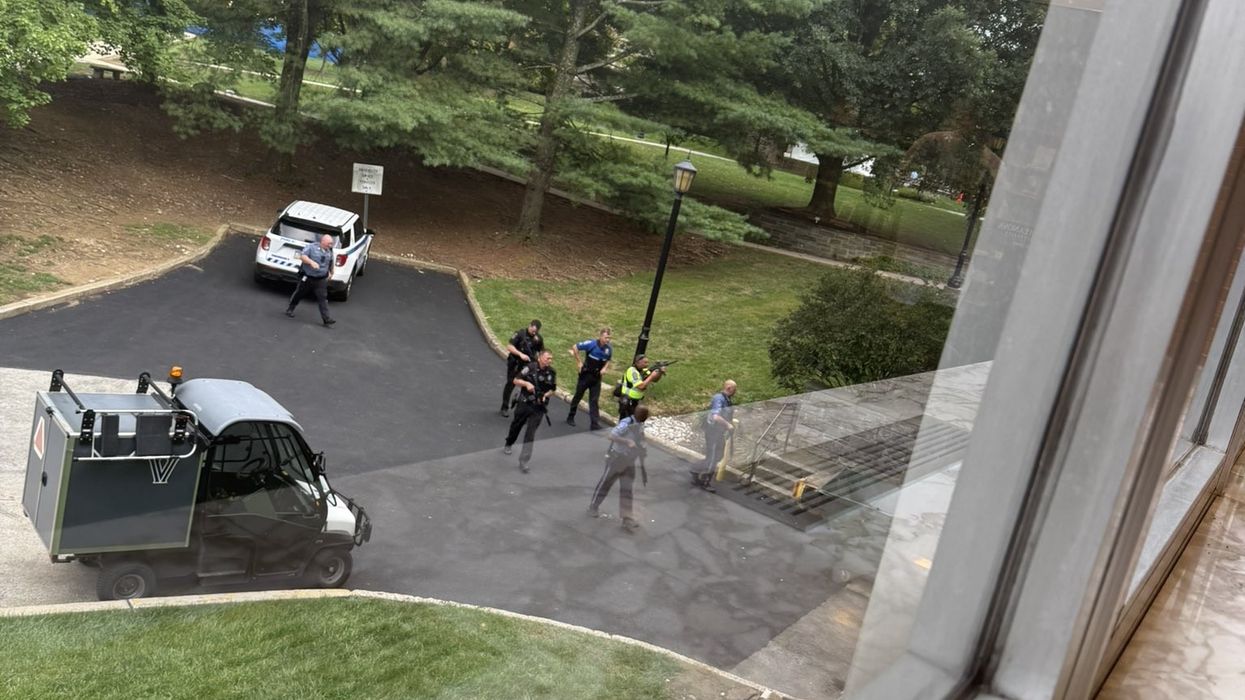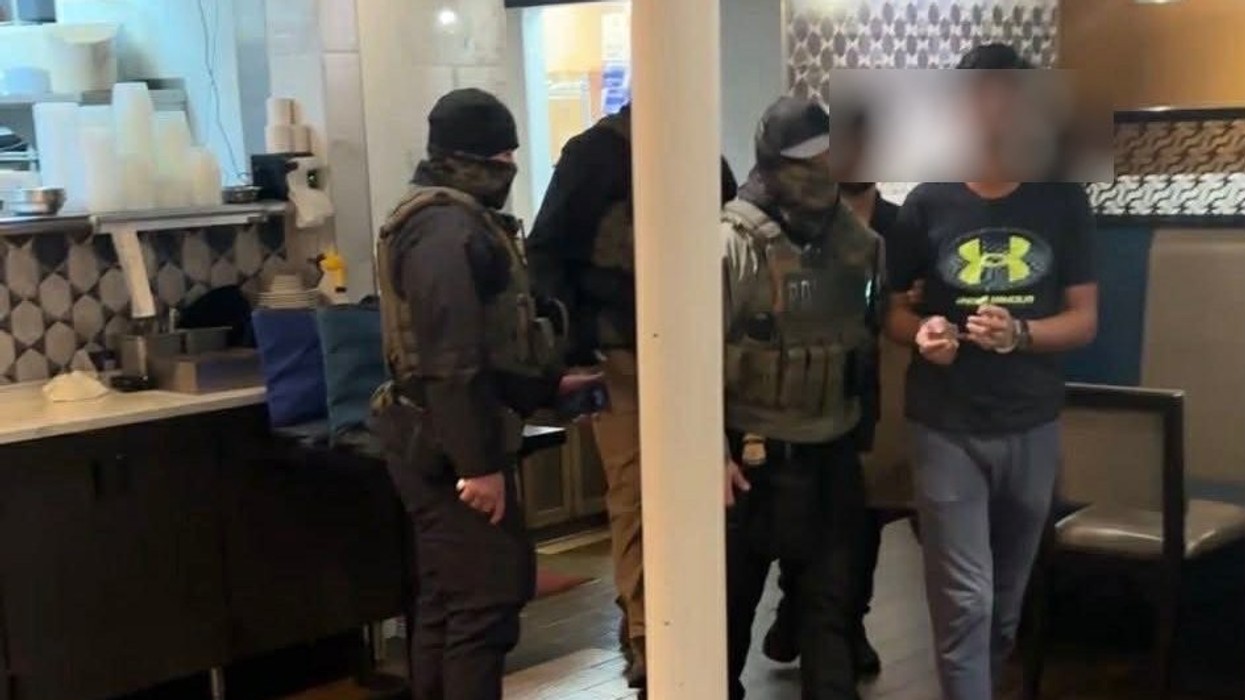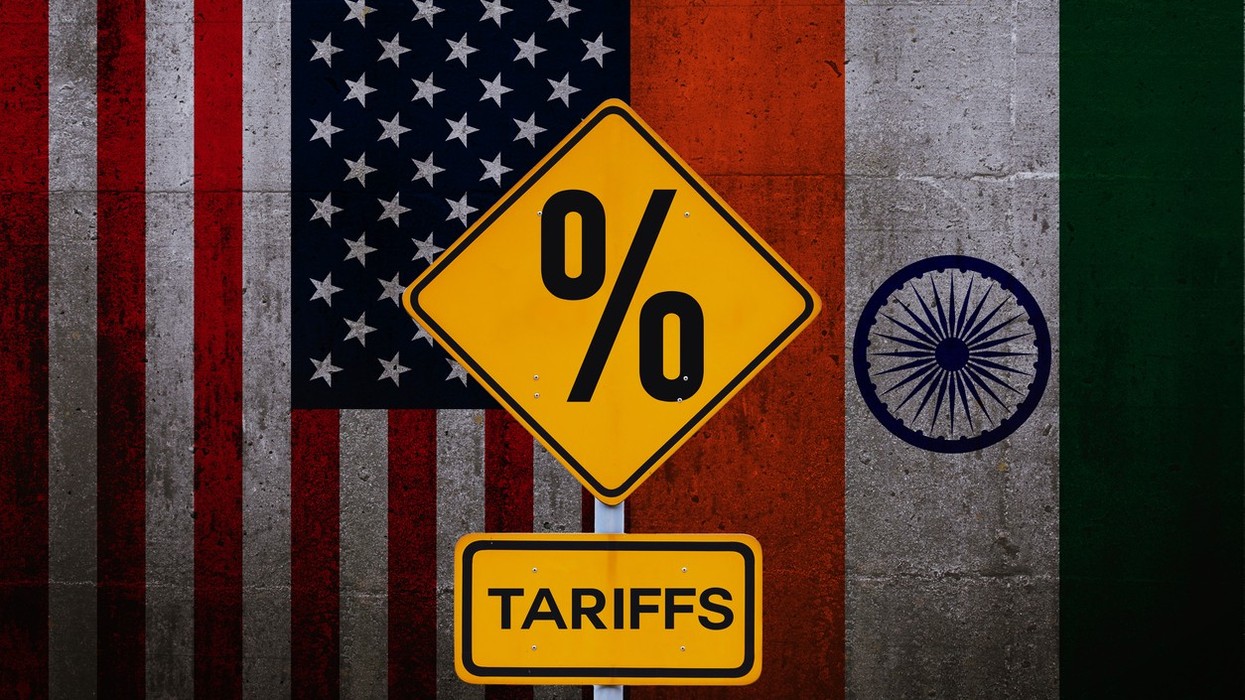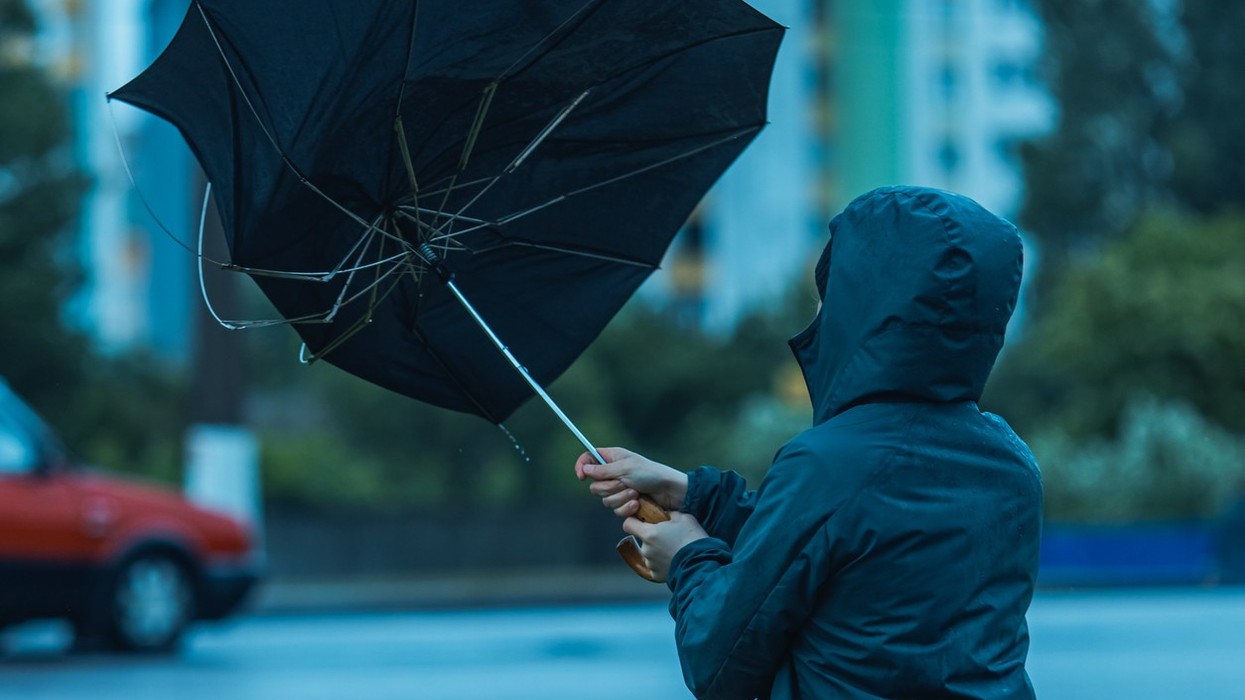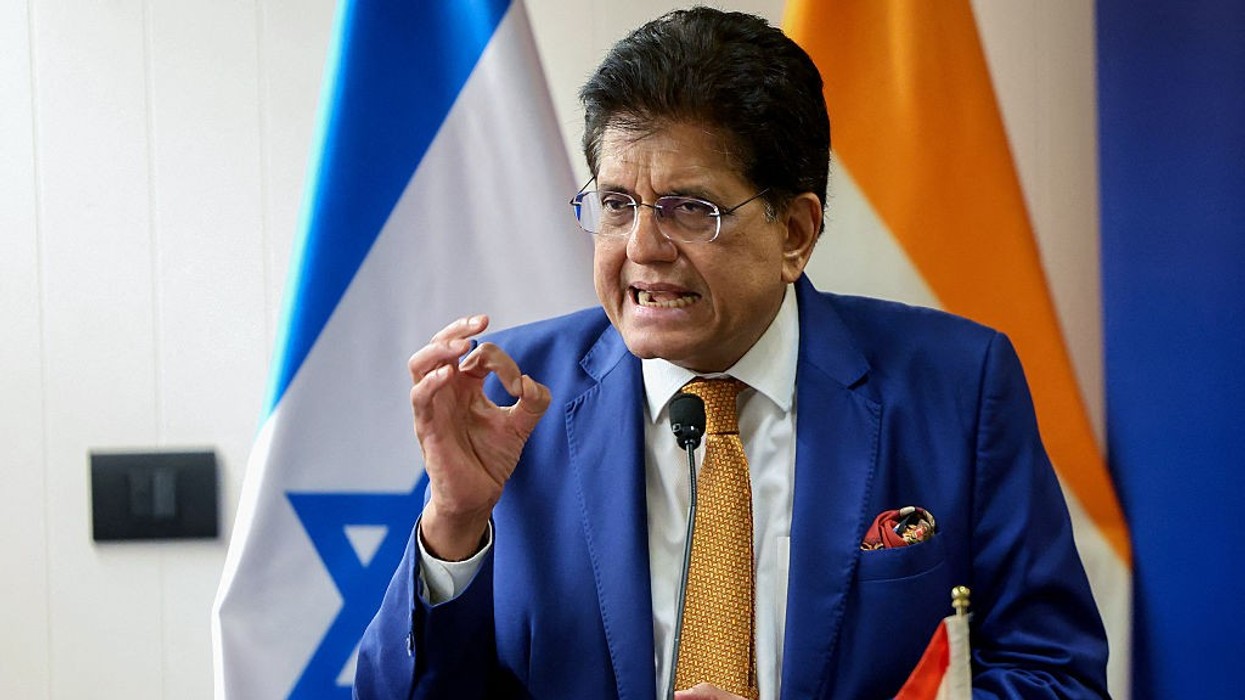Highlights:
- On August 21, Villanova issued an urgent active shooter alert near the law school, prompting a full campus lockdown.
- Police searched buildings room by room after multiple false reports of gunfire and injuries.
- By evening, officials confirmed the threat was a hoax, calling it a “swatting” attempt with severe legal consequences.
- Students and families described the incident as terrifying, with orientation events canceled and a campus blessing held for support.
- Delaware County DA vowed to track down and prosecute those responsible, warning, “We are coming to get you.”
On the afternoon of Thursday, (21), Villanova University was thrust into chaos after an active shooter alert was issued on its campus. What followed was a tense and frightening few hours for students, faculty, and parents alike—only to later discover that the entire incident was a “cruel hoax,” according to university officials.
Initial alert and campus lockdown
At around 4:30 p.m., the Villanova community received an urgent alert warning of an active shooter on campus. The message instructed everyone to “move to a secure location” and to lock and barricade doors. The alert specified that the threat was near the Charles Widger School of Law.
The announcement triggered an immediate lockdown across the campus. Thousands of students, faculty, and staff took cover in classrooms, offices, and residence halls while law enforcement scrambled to respond.
Police response and investigation
Police and Villanova’s Department of Public Safety swiftly mobilized. Officers conducted a thorough search of the entire campus, going room by room to check for any evidence of a shooter or victims.
Throughout the investigation, authorities received multiple calls reporting gunshot-like sounds and claims of someone being hit by gunfire. At 5:06 p.m., one call stated that an individual was shot, but law enforcement later confirmed these reports were unsubstantiated.
The campus remained under shelter-in-place orders until roughly 6:32 p.m., when the authorities announced that the alert was a false alarm.
The incident confirmed as a hoax
By 6 p.m., Villanova officials declared the event a hoax, confirming that no firearms were found and no injuries occurred. The false report, deemed a “swatting” attempt, was described as an intentional and unlawful act designed to provoke a large police response.
In an official statement, the Delaware County Communications and Public Affairs Office expressed hope that those responsible for sending the false reports would be identified and prosecuted. “Swatting is a crime with severe criminal consequences under both federal and state law,” the statement said.
Campus and community reactions
The hoax had a profound emotional impact on the Villanova community. Students and parents described the event as frightening and disruptive, especially as the university was just beginning its academic year.
First-year student Courtenay Harris Bond recounted the experience: “Really tough way to start freshman year at college,” she said, referencing the lockdown at the campus bookstore where her family was sheltering.
To help the community cope, Villanova held a blessing on the Campus Green later that evening, providing a space for students, families, and university leaders to pray for safety and offer comfort. All other orientation activities scheduled for the night were canceled in light of the incident.
Law enforcement vows to pursue those responsible
Delaware County District Attorney Jack Stollsteimer assured the community that efforts to track down the anonymous individual or group behind the fake active shooter report are underway. “We are coming to get you,” he warned those responsible.
The DA emphasized that Villanova University is one of the most secure campuses in the county, highlighting the effective and compassionate response from law enforcement and campus safety officers during the incident.
Understanding swatting and its community risks
The Villanova hoax is a stark example of “swatting,” where a hoax caller makes a false police report to incite an emergency response. Such false alarms waste critical resources, endanger public safety, and cause emotional trauma to those involved.
Experts note that swatting incidents can also impact neighboring communities as emergency resources are diverted. As a result, several states, including Pennsylvania, are considering laws that hold perpetrators financially responsible for costs associated with false emergency responses.
Lessons from Villanova incident
While the incident at Villanova University was thankfully resolved without physical harm, it serves as a somber reminder of the potentially devastating effects of false threats in an era of heightened sensitivity to school safety.
The swift police action and calm communication by campus leaders helped minimize chaos, but the emotional toll remains. The university community’s response—turning to collective support and resilience—reflects the strength needed to overcome such unnerving experiences.
As investigations continue, the hope remains that accountability and justice will follow for those who triggered this “cruel hoax,” ensuring the safety and peace of mind of the Villanova community going forward.
